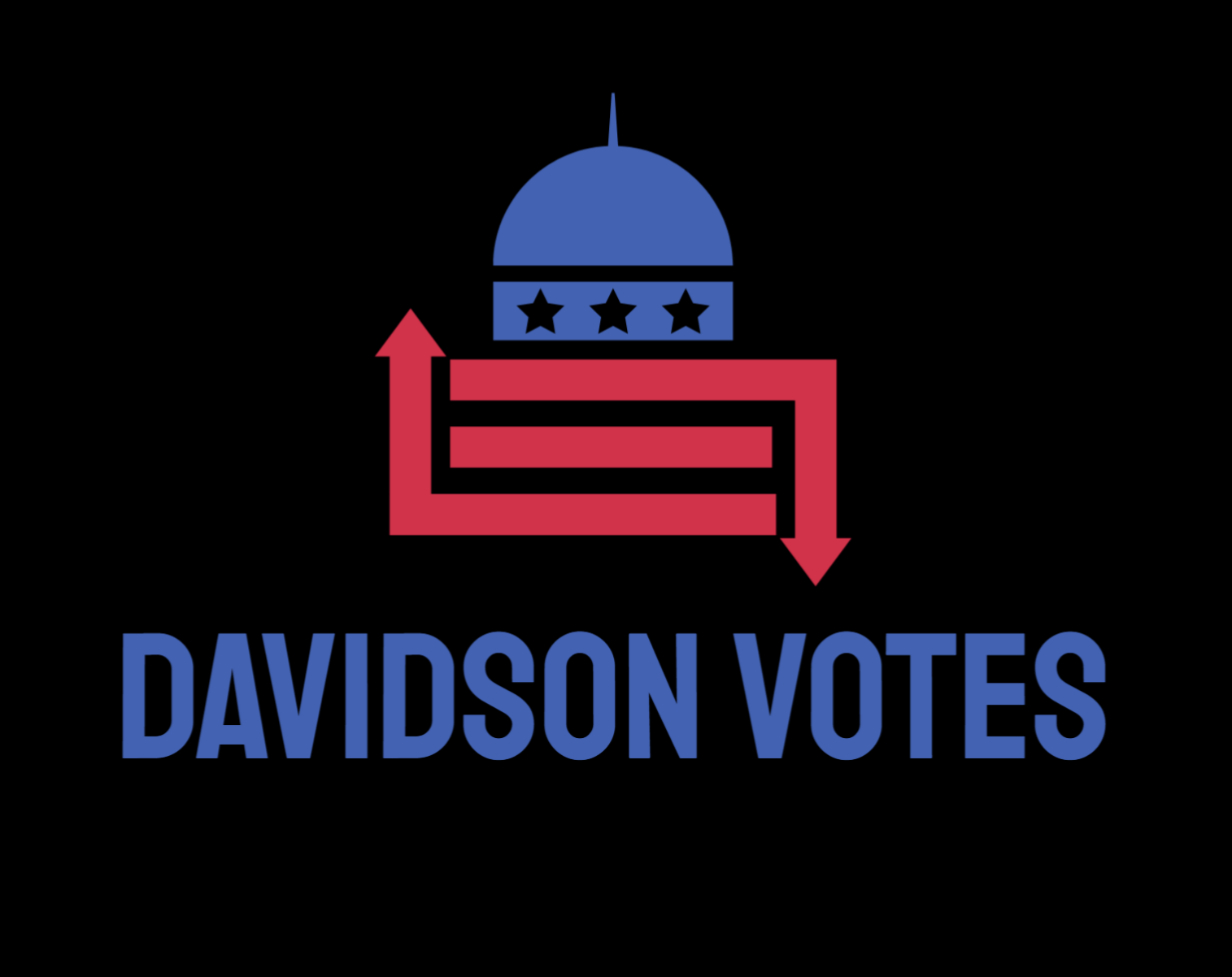Have you ever wondered if your vote matters?
It does, and there is data to prove it. In the 2022 midterm elections, voters from the youngest demographic had a significant presence in North Carolina’s Senate race. According to a study by the Civic Learning and Engagement at Tufts, people ages 18 through 29 accounted for 14% of the ballots cast in the Senate election. To put that in perspective, in a race that was decided by roughly 120,000 votes, over 500,000 of those were cast by young voters.1“Millions of Youth Cast Ballots, Decide Key 2022 Races.” Center for Information and Research on Civic Learning and Engagement (CIRCLE), 9 Nov. 2022, https://circle.tufts.edu/latest-research/millions-youth-cast-ballots-decide-key-2022-races. Youth voters helped shape the outcome of that election, and North Carolina’s Senate race was no outlier. Young voters had an impact in state elections across the nation, so even if you are registered in your home state, you can help decide your local representatives.
Why should you vote? Social issues have played an active role in recent elections. In a study that explored the civic behaviors of college students, Mariah Kornbluh’s team discovered the importance of the Covid-19 pandemic and social unrest to the 2020 election. The study used regressions to show how students that were passionate about issues involving racial inequality and the pandemic were more likely to vote. The study also noted that students who scored high in critical thinking were more frequent voters as well.2Kornbluh, Mariah, et al. “Exploring Civic Behaviors amongst College Students in a Year of National Unrest.” Journal of Community Psychology, vol. 50, no. 7, Sept. 2022, pp. 2950–72. DOI.org (Crossref), https://doi.org/10.1002/jcop.22808. If you feel strongly about any social or political issue, join the crowd of active, engaged students and make your voice heard.
Lastly, turning out to vote at a young age helps develop habit, which is another compelling reason to hit the polls. A study by Alexander Coppock and Donald Green found that once someone casts their first ballot, they are more likely to vote in the same type of election in the following years.3Coppock, Alexander, and Donald P. Green. “Is Voting Habit Forming? New Evidence from Experiments and Regression Discontinuities: IS VOTING HABIT FORMING?” American Journal of Political Science, vol. 60, no. 4, Oct. 2016, pp. 1044–62. DOI.org (Crossref), https://doi.org/10.1111/ajps.12210. After we vote once, the costs associated with voting become less significant as we learn the process. In ensuing election years, past voters are typically already registered, know where the polling locations are, and are less intimidated by the process overall. Whether you have voted in past elections or have yet to register, college is a great opportunity to establish a habit of civic engagement that you can carry with you into life after Davidson.


